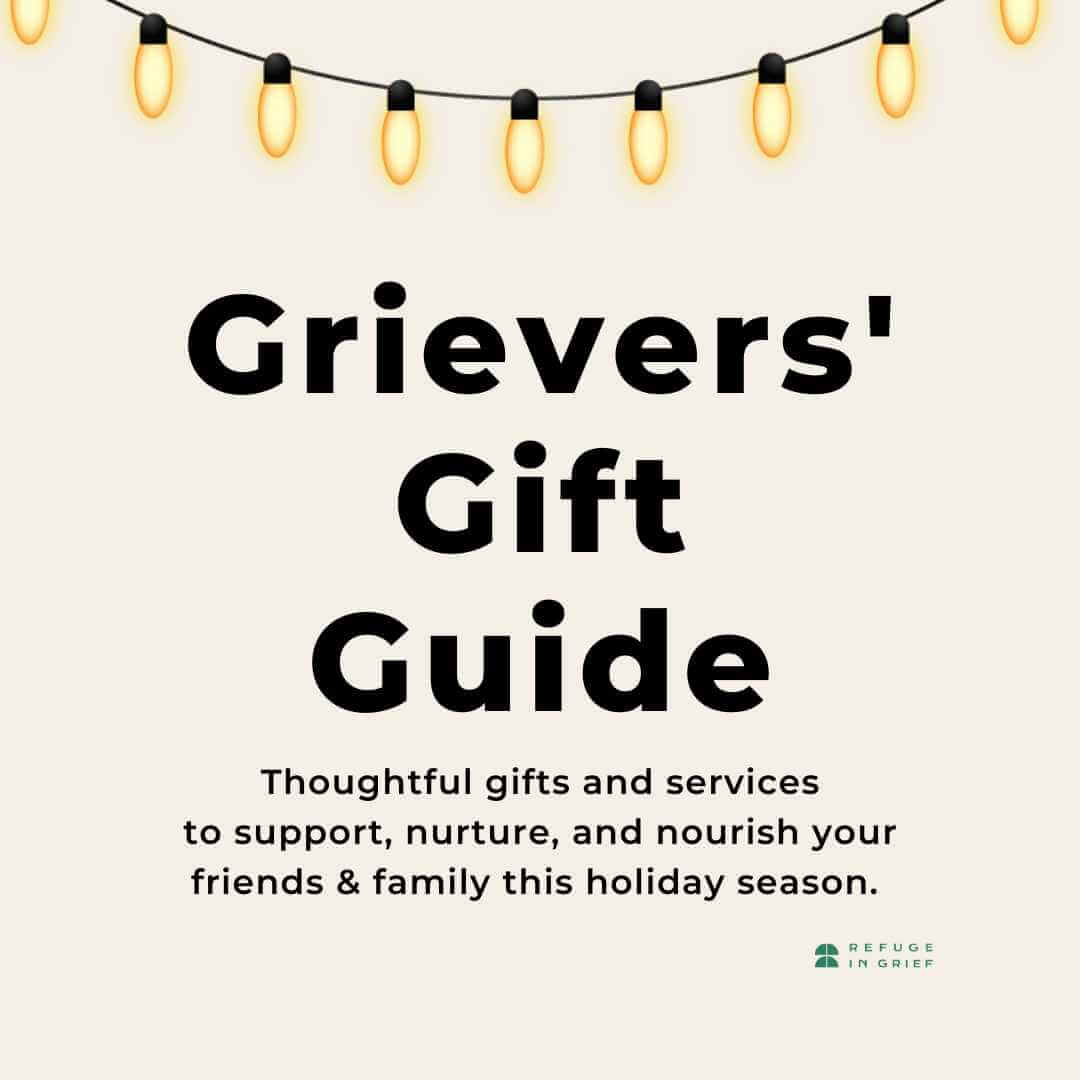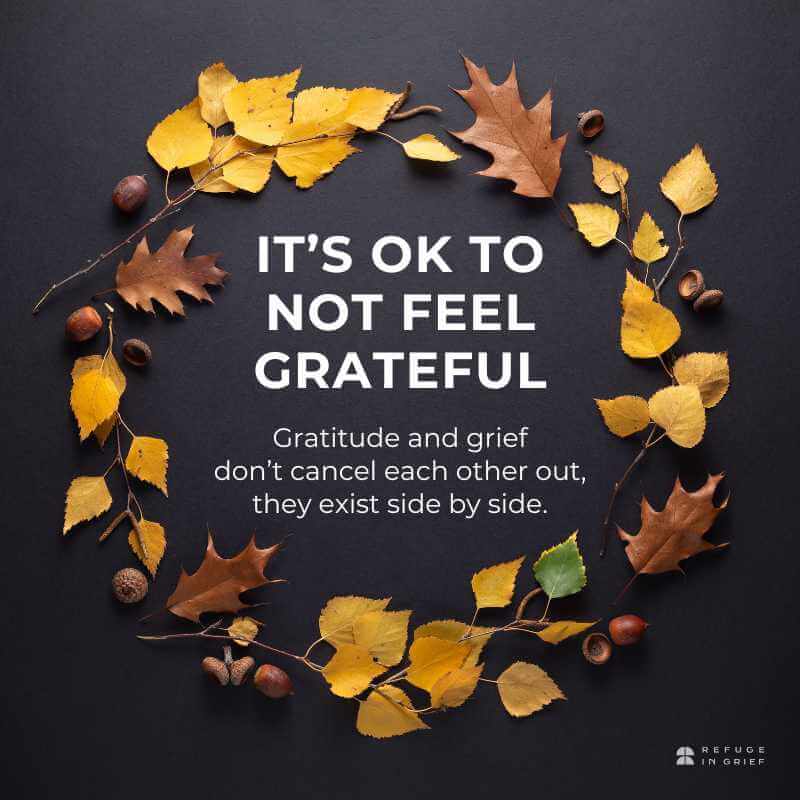LGBTQIA+ Pride Month Without Your Person
With LGBTQIA+ Pride celebrations kicking off this week it’s easy to feel… well, a lot of things. With the anti-queer, anti-trans, anti-reproductive rights, pro-violence of the world, anything joyful or joy-adjacent can seem strange. It’s also still a pandemic, so there’s that too.
Even without the cacophony of the wider world, if you’re grieving, the celebrations of Pride can be extra challenging when you’re missing your partner, your friend, your sibling, your child, your parent – anyone who made Pride Month special.
Deaths within the LGBTQIA+ community – due to hate crimes, violence, and increasingly reduced access to appropriate healthcare – should also be acknowledged here. It’s hard to celebrate diversity and inclusion if your person experienced, or died as a result of, targeted exclusion and hate. It’s hard to believe in that multicolored flag if you aren’t really welcomed.
Whether you’re out and proud, not out, planning to come out, unable to come out, or figuring things out, you are valid and deserve love and support exactly as you are. To be honest, joy is potent social action, so if there is any joy this month for you, lean into it.
Take things at your own pace this Pride Month, friends.
For anyone tempted to complain about “a political post on a grief page” – denying someone’s right to exist IS a grief issue.
Why do I post about trans issues? Why do I post about racism and misogyny and violence of all kinds? Because every single one of these things causes suffering, pain, death, and grief.
If we want a more compassionate culture for our own losses, we have to make compassion an abundant resource. That means sharing and showing compassion for everyone, whether or not you personally believe their grief is valid. Click To TweetMy readers are all here because they’ve felt misunderstood or erased, in some way, in their own grief. If we want a more compassionate culture for our own losses, we have to make compassion an abundant resource. That means sharing and showing compassion for everyone, whether or not you personally believe their grief is valid.
Maybe your own personal pain is such that you have nothing to offer to the fight for others rights. That is 100% okay! Tend to your own wounds. That is a beautiful thing to do. Kindness given to yourself adds to the kindness of the world, and we need that. You need that.
Sometimes it’s hard to face the pain of the world without your person by your side. That is 100% okay! Show yourself kindness and compassion. That self-love contributes to the love available in the world.
Showing compassion to yourself helps make compassion a more abundant resource. Showing compassion to others, even (and especially) when you don’t understand them helps make compassion a more abundant resource.
The truth is, compassion is already an abundant resource. We just need to treat it as such, rather than contribute to the idea that there’s not enough to go around. You don’t have to understand someone in order to be kind, nor to believe in their right to exist, safely, in this world.
No matter where you are in your own grief, if you’re in a place where you’d like to learn to be a better ally (I’m in that camp!), here are some tips from GLAAD.
PS: If you aren’t capable of being kind and inclusive in the comments on this page (or any of my social media pages), your comments will be deleted and you’ll be banned. I have no time for hate.
Grief is really rough. It takes a toll on your mind, your body, your relationships – everything. Feeling like you’d rather not wake up in the morning is very different than thinking about actually harming or killing yourself. Please. If your pain is too great, reach out for help. There are people who have been where you are.
If you’re in crisis, call or text 988 for the 988 Suicide & Crisis Lifeline. The Lifeline provides 24/7, free and confidential support for people in distress, prevention and crisis resources for you or your loved ones, and best practices for professionals in the United States.
The Trans Lifeline is 877-565-8860 (Canada: (877) 330-6366) If your issue is an emergency, call 911 or go to your nearest emergency room. Additional helplines – including those outside of the US – can be found at findahelpline.com.


